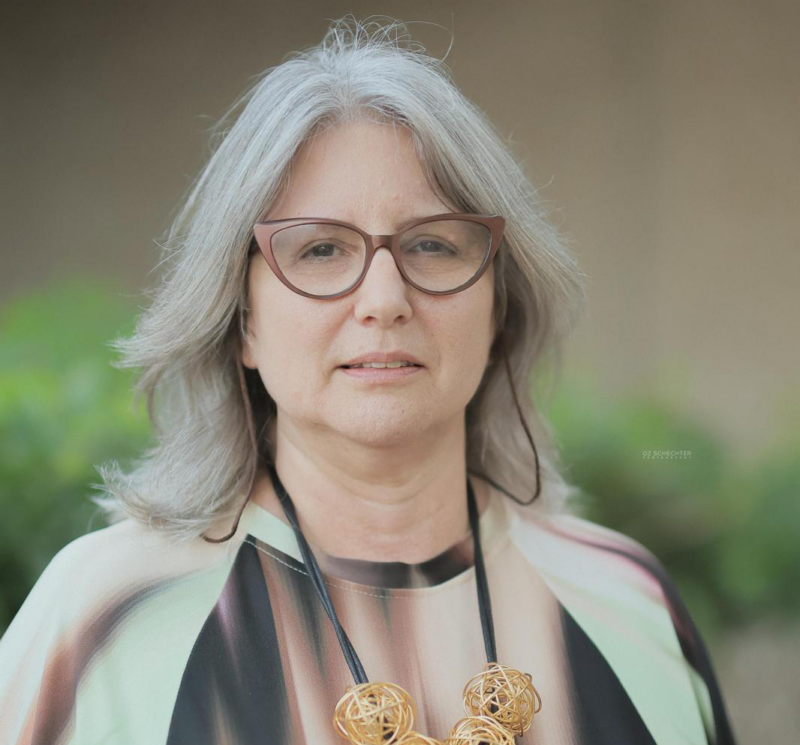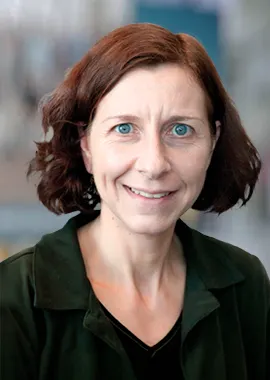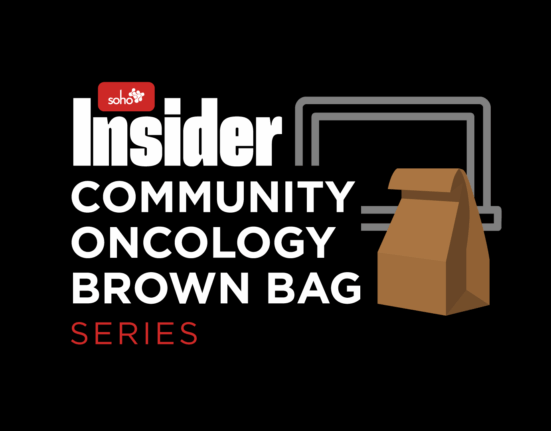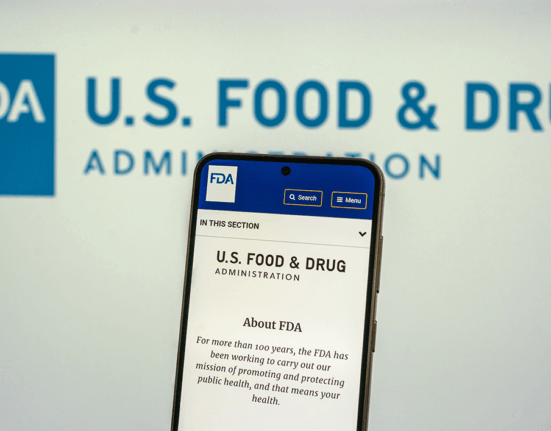Pathways & Perspectives
Meet Pia Raanani, MD, head of the Institute of Hematology at the Davidoff Cancer Center, Rabin Medical Center in Israel
SOHO Insider sat down with Dr. Raanani during the 66th American Society of Hematology Annual Meeting and Exposition in San Diego, California. With 40 years of medical experience, including 30 years specializing in hematology, Dr. Raanani discusses the importance of younger clinicians “balancing transparency with guidance” and reflects on chronic myeloid leukemia (CML) becoming one of the first diseases to benefit significantly from targeted therapy.
SOHO Insider: Where did you grow up, and how did your upbringing influence your career path?
Dr. Raanani: I was born in 1960 in Tel Aviv, Israel. My mother was born in Israel, and my father was a Holocaust survivor. They married in 1959, and I was born a year and a half later. I grew up in different parts of Tel Aviv as we moved around a bit. My parents separated when I was eight, and I grew up with my mother.
In high school, I focused on physics and mathematics. Afterward, like most Israeli young women, I served in the army for two years. At that time, women’s roles were primarily clerical, so my service was not very exciting. However, I always knew I wanted to be a doctor. Since childhood, when people asked what I wanted to be, my answer was always the same—a doctor.
Getting into medical school in Israel is challenging. I applied to all four schools available at the time and was accepted at all of them. I chose to study in Jerusalem, at what was then the most prestigious university. After six years of study, I returned to Tel Aviv to complete my internship and to pursue my medical training.
SOHO Insider: How did you choose your specialty?
Dr. Raanani: I’ve always known I wanted to work in a cutting-edge field. From a young age, I envisioned myself as an oncologist. Perhaps it stemmed from losing my grandfather to cancer when I was 11. I wanted to make a difference. During my studies, I gravitated toward hematology. The field combines the intellectual challenge of scientific discovery with the personal connections you develop with patients. What I always tell the young doctors applying for a job in my department: The field of hematology is unique – on one hand, you’re on the cutting edge because the way from bench to bedside is short: you have the gene and you have the targeted treatment. And it is a developing field. On the other hand, you’re like a family doctor: I’ve had patients for nearly 30 years, whose families- I know well. In hematology, it’s a long-lasting relationship.
SOHO Insider: Can you tell us about your mentors and their influence on your career?
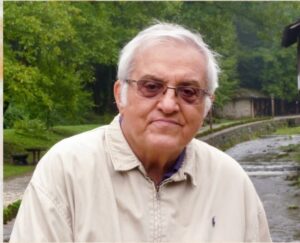
Dr. Raanani: My primary mentor was Isaac Ben-Bassat, MD. He was the top hematologist in Israel and a pioneer in leukemia and lymphoma treatment. Working closely with him, I became his right hand. He taught me the value of loyalty and hard work, and I eventually succeeded him as editor-in-chief of Acta Hematologica. He was more than a mentor—he was like a father figure to me. He and my mother were born the same year—1937—and I lost them both within two weeks of each other.
Another mentor was John Goldman, MD, of Hammersmith hospital in the United Kingdom. He was a role model for many in the field, including me. He was an excellent doctor and researcher with many publications and was dedicated to helping the community.
SOHO Insider: Can you share the key milestones in your career and the achievements you’re most proud of?
Dr. Raanani: After medical school, I returned to Tel Aviv for my internship and then internal medicine training at Beilinson Hospital. I then specialized in hematology at Sheba Medical Center. One of my proudest achievements was establishing the Hemato-oncology Hospitalization department in the first cancer center in Israel, the Davidoff Center, in 2004. Starting from nothing—no infrastructure, protocols, or staff—I built the department from scratch. While I have been in (perhaps) more prestigious roles, this accomplishment remains closest to my heart.
SOHO Insider: What are the most pressing questions in your field today?
Dr. Raanani: The field of hematology has evolved tremendously during my career. In 2001, imatinib (Gleevec) was approved by the US Food and Drug Administration—I remember the front-page article in the TIMES magazine in May 2001—and it transformed treatment in CML from a terminal illness to a manageable condition. Younger doctors might say, “You are treating a disease that doesn’t exist anymore,” but in my opinion not everything is solved in CML yet.
CML is a classic example of benefitting from targeted therapy. I’ve been attending ASH meetings since 1992—so that’s already 32 years—and I bring that long-term perspective. (By the way, ASH was established two years before I was born in 1958, so I’ve seen how things have evolved.)
We went from a terminal disease where patients took a highly unpleasant drug, interferon, to a disease where patients take an oral pill and the overall survival is comparable to that of the general population, except in the elderly. In CML, we need to move toward stopping treatments altogether—achieving a cure for as many patients as possible. Beyond that, the focus should shift to quality of life and reducing treatment side effects.
SOHO Insider: Do you have any advice for early-career professionals?
Dr. Raanani: Be honest with yourself, your colleagues, and your patients. Stick to your principles, even when it’s hard. Never lie to a patient, but always provide hope. Patients need to feel supported, especially in difficult times.
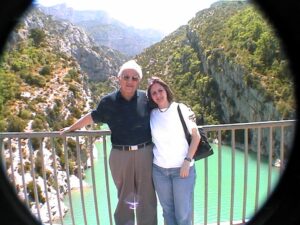
I also encourage younger doctors to balance transparency with guidance. While patients have access to abundant information, they still look to doctors for recommendations. Don’t shy away from giving your opinion—it’s why they trust you.
Don’t forget the family caregivers. They are also in need because their loved ones are sick. In my department we opened a support group for family caregivers. They come once a week only for themselves without the patients.
Always do what you love. Be honest with yourself and your peers. Never lie, always stand by the truth, and fight for it. If you ever feel weak or lose passion for your patients or your work, it’s time to move on. Being an oncologist or a hematologist is not just a job, it’s a way of life.
SOHO Insider: What are your hobbies outside of work?
Dr. Raanani: I love cultural activities: going to the theater, attending concerts, and reading. One of my favorite authors is Stefan Zweig.
SOHO Insider: If you could have dinner with any hematologist, living or deceased, who would it be?
Dr. Raanani: I wish I could bring back my mentor, Dr. Ben-Bassat. He was my go-to advisor, always providing wisdom when I faced tough decisions. His guidance shaped my career, and I often think about the conversations we would have if he were still here.

